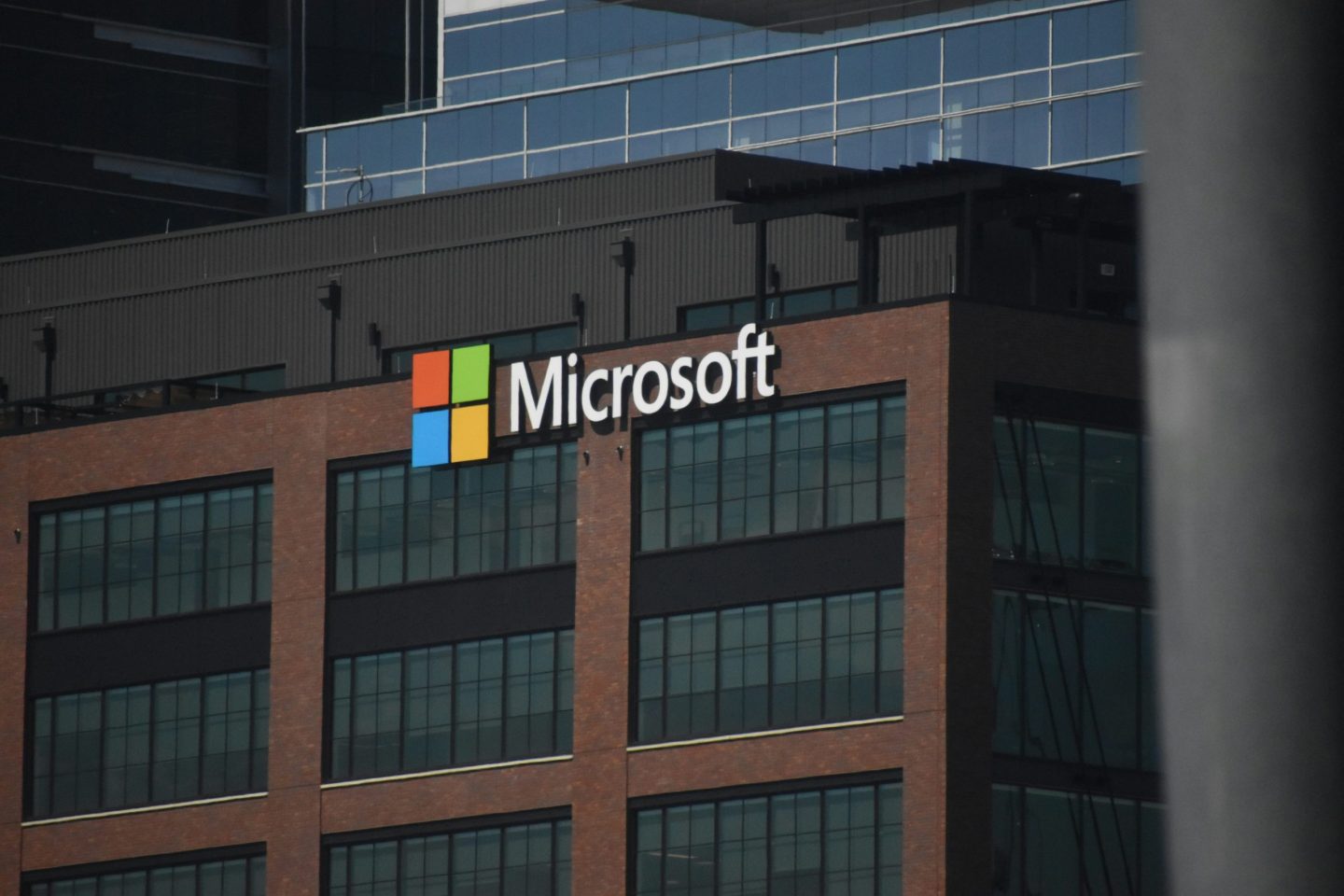Microsoft cloud updates support Indonesia’s long-term AI goals


Indonesia’s push into AI-led growth is gaining momentum as more local organisations look for ways to build their own applications, update their systems, and strengthen data oversight. The country now has broader access to cloud and AI tools after Microsoft expanded the services available in the Indonesia Central cloud region, which first went live six months ago. The expansion gives businesses, public bodies, and developers more options to run AI workloads inside the country instead of overseas data centres.
The update was shared at the Cloud & AI Innovation Summit in Jakarta, where business and government leaders met to discuss how Indonesia can advance its AI ambitions. Speakers included Mike Chan, who leads Azure AI Apps & Agents in Asia, and Dharma Simorangkir, President Director of Microsoft Indonesia. Their message was that local capacity is only useful if organisations put it to work.
During the event, Dharma said the new services “open the door for every organisation to innovate in Indonesia, for Indonesia,” calling on teams in sectors to build solutions that tackle national needs.
A shift toward building, not just adopting
Many Indonesian enterprises are moving beyond basic AI trials and are now designing tools that solve problems unique to their operations.
Microsoft describes these kinds of organisations as Frontier Firms – teams that treat AI as a core part of how they work rather than an optional add-on. The firms tend to focus on building applications that make tasks easier for customers, improve internal processes, or modernise old workflows.
To support this shift, the Indonesia Central region now hosts a range of Azure services that help teams design and deploy software. They include tools for building data-connected applications, services for storing and managing structured data, and a set of AI-ready virtual machines that can train and run advanced models. Machines built for heavy computing work allow teams to keep data inside the country while working with complex AI workloads.
The region now supports Microsoft 365 Copilot, bringing AI features to common work tools. Developers also have access to GitHub Copilot, which suggests code and speeds up software development. These services form a connected stack that helps teams move past small pilots and into production, where reliability and cost control matter more.
Early Microsoft cloud projects emerging in Indonesia
The expansion of the region follows steady demand since its launch in May 2025. Companies in mining, travel, and digital services are already using local cloud infrastructure to refresh legacy systems and meet stricter data governance needs.
Petrosea and Vale Indonesia are among the firms using the region to support technical upgrades and secure local data storage. Digital-first players are also experimenting with more direct AI engagement. One example is tiket.com, which built its own AI travel assistant using the Azure OpenAI Service. The assistant lets customers interact with the platform in everyday language, from checking flight updates to adding extra services after a booking.
“Our advancements in artificial intelligence are designed to deliver the best possible experience for our customers,” said Irvan Bastian Arief, PhD, Vice President of Technology GRAND, Data & AI at tiket.com.
The company sees conversational AI as a way to make travel planning simpler while reducing friction in customer support.
Bringing scattered data into one system
A major theme at the summit was the need to get data in order before adopting AI at scale. To support this, Microsoft introduced Microsoft Fabric to the Indonesian market. Fabric is a single environment that brings together data engineering, integration, warehousing, analytics, and business intelligence. It includes Copilot features that help teams prepare data and build insights without juggling multiple tools.
For many organisations, data sits in different internal systems and cloud providers. Fabric gives teams one place to bring these sources together, which may help improve governance, speed up reporting, and control costs. The platform is designed for teams that want structure without building their own data foundation from scratch.
Preparing Indonesia’s workforce for practical AI with Microsoft tools
The day’s focus was not limited to infrastructure. Microsoft also highlighted its AI training program, Microsoft Elevate, which is now entering its second year. The programme has already reached more than 1.2 million learners and aims to certify 500,000 people in AI skills by 2026. The next phase will focus on hands-on use, encouraging participants to apply AI in real settings rather than only learning concepts in theory.
Training covers a wide range of groups – teachers, nonprofit workers, community leaders, and people looking to improve their digital skills. Participants learn through tools like Microsoft Copilot, Learning Accelerator, Minecraft Education, and modules designed to explain how AI can support practical tasks.
During the summit, Dharma said that cloud and AI “are the backbone of national competitiveness” and stressed that infrastructure only matters if people are prepared to use it.
Building a long-term ecosystem
Such efforts sit in a broader commitment of US$1.7 billion that Microsoft has pledged for Indonesia from 2024 to 2028. The investment spans infrastructure, partner support, and talent development. The company is also preparing to host GitHub Universe Jakarta on 3 December 2025, a developer-focused gathering meant to encourage collaboration among software teams, startups, and researchers.
Indonesia is aiming to position itself as a centre for secure and inclusive AI development in the region. With the expansion of the Indonesia Central cloud region, new data and AI tools, and growing attention on workforce training, the country is taking steps to build the foundations needed for long-term digital growth. Companies now have the option to build AI systems closer to home, developers have more resources, and workers have more pathways to gain practical skills.
The coming years will show how these pieces fit together as organisations move from experimentation to long-term use.
(Photo by Simon Ray)
See also: Microsoft, NVIDIA, and Anthropic forge AI compute alliance
Want to learn more about AI and big data from industry leaders? Check out AI & Big Data Expo taking place in Amsterdam, California, and London. The comprehensive event is part of TechEx and is co-located with other leading technology events, click here for more information.
AI News is powered by TechForge Media. Explore other upcoming enterprise technology events and webinars here.
The post Microsoft cloud updates support Indonesia’s long-term AI goals appeared first on Tokention.












